Can You Go to Urgent Care for Mental Health Issues?
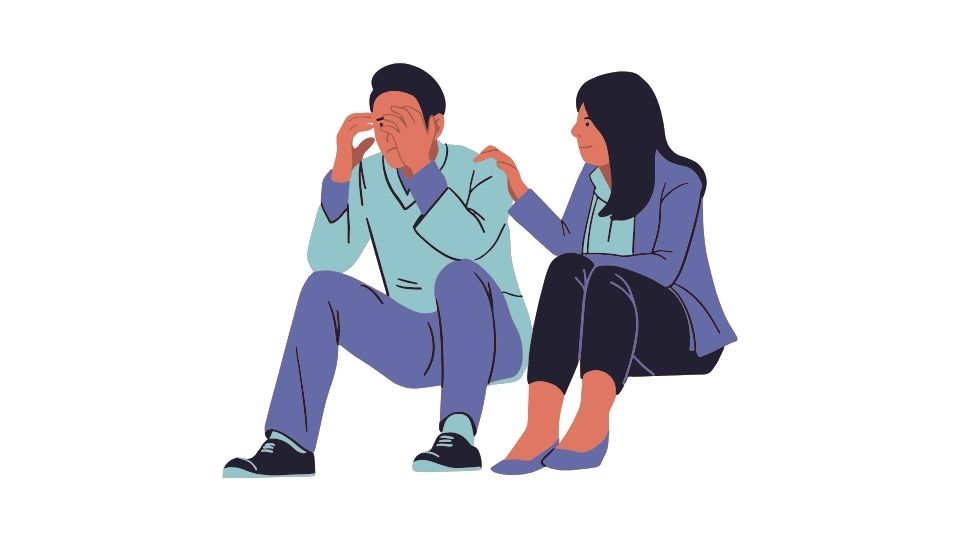
Ever wondered if you can skip the ER and head to urgent care for a mental health crisis?
The world of mental health care is changing fast. Urgent care centers that used to just handle physical health stuff are now stepping up to help with mental health too. But can they really help when you’re having a panic attack or feeling super depressed? Let’s dive in.
Urgent Care for Mental Health: A Growing Lifeline
Did you know that the average wait time to see a psychiatrist in America is a whopping 67 days? That’s over two months of suffering while waiting for help. Meanwhile, most urgent care clinics can see you within an hour.
These behavioral health urgent care centers are filling a critical gap between the emergency room (which is often overwhelming and expensive) and traditional outpatient services (which can take forever to get into).
What Mental Health Issues Can Urgent Care Actually Handle?
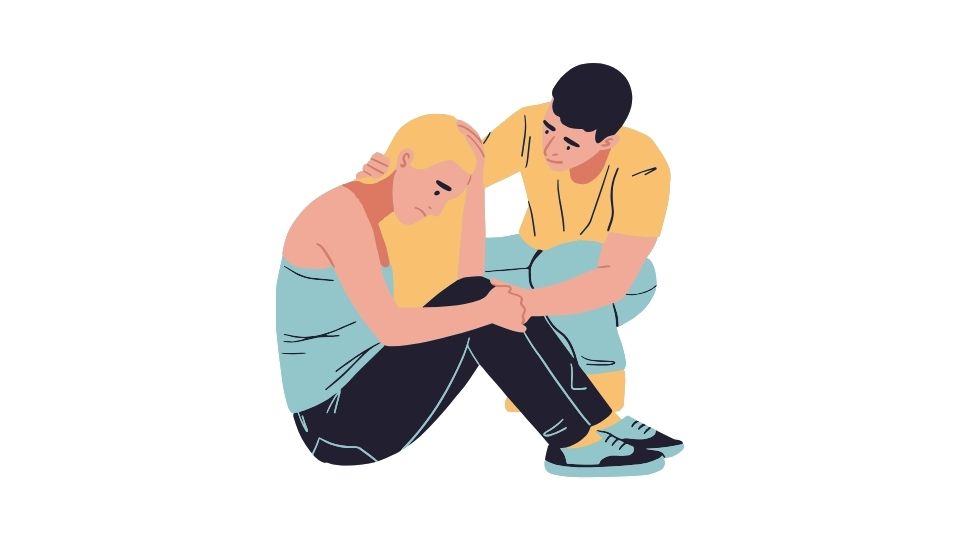
Urgent care isn’t for every mental health situation, but they can help with more than you might think:
- Depression and anxiety (the most common reasons people visit)
- Panic attacks and disturbing thoughts
- Medication adjustments when you can’t wait for your regular provider
- Substance use problems (initial assessment and referrals)
What they can’t handle are life-threatening emergencies like:
- Active suicide attempts
- Violent behavior
- Severe psychosis requiring immediate hospitalization
According to Mental Health America, nearly 20% of adults experience mental illness each year, yet many don’t receive timely care. Urgent care helps bridge this gap.
The Big Benefits of Mental Health Urgent Care
1. No More Endless Waiting
The traditional mental health system often feels like you’re standing in the world’s slowest line. Urgent care centers flip this model by offering same-day appointments. When you’re in crisis, getting help today instead of next month can be life-changing.
2. Cost-Effective Care
Emergency room visits for mental health can cost thousands. Urgent care visits typically cost a fraction of that. According to the Healthcare Cost and Utilization Project, the average ER visit costs over $1,000, while urgent care visits average around $150-200.
3. Less Stigma, More Comfort
Many people feel uncomfortable going to a psychiatric emergency room. Urgent care provides a more normalized, less stigmatizing environment.
One patient told researchers at the National Alliance on Mental Illness: “I felt like a person seeking healthcare, not a ‘mental patient’ being contained.”
Kids Need This Service Even More
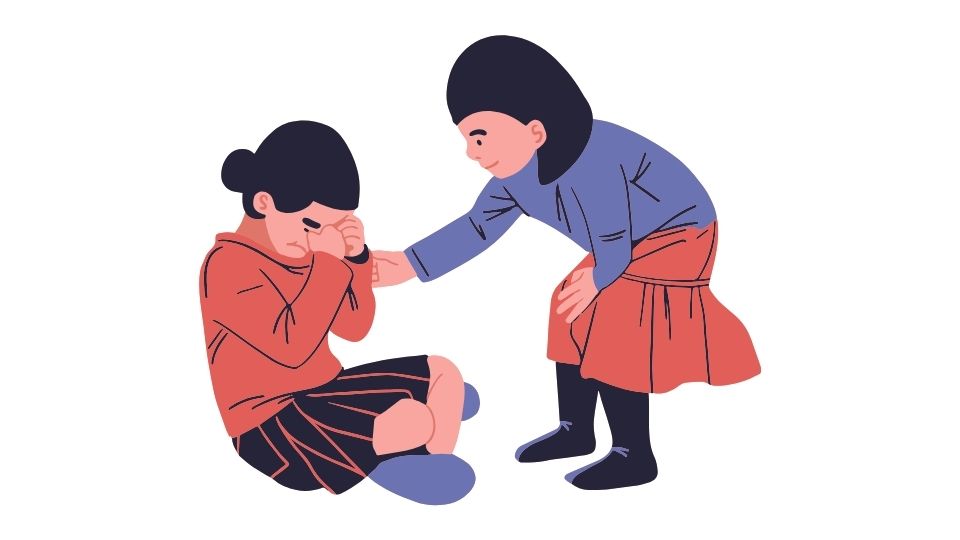
The pediatric mental health crisis is hitting harder than ever. Children and teens between 10-17 are the most common age group seeking urgent behavioral health care.
Think about it: if your kid has a mental health emergency, where do you go? The pediatrician might not be equipped to handle it, and child psychiatrists often have 3-6 month wait lists.
Urgent care centers provide that crucial middle ground, offering immediate assessments and starting treatment plans while connecting families with longer-term resources.
How a Typical Mental Health Urgent Care Visit Works
- Initial assessment – Usually with a mental health professional
- Care planning – May include medication, therapy recommendations, or safety planning
- Follow-up arrangements – Connections to ongoing care providers
- Community resources – Referrals to support groups and other services
Most visits last 1-2 hours, far shorter than the typical ER wait alone!
According to the American Psychiatric Association, this model helps prevent hospitalization for many patients by providing timely intervention.
Challenges Still Exist
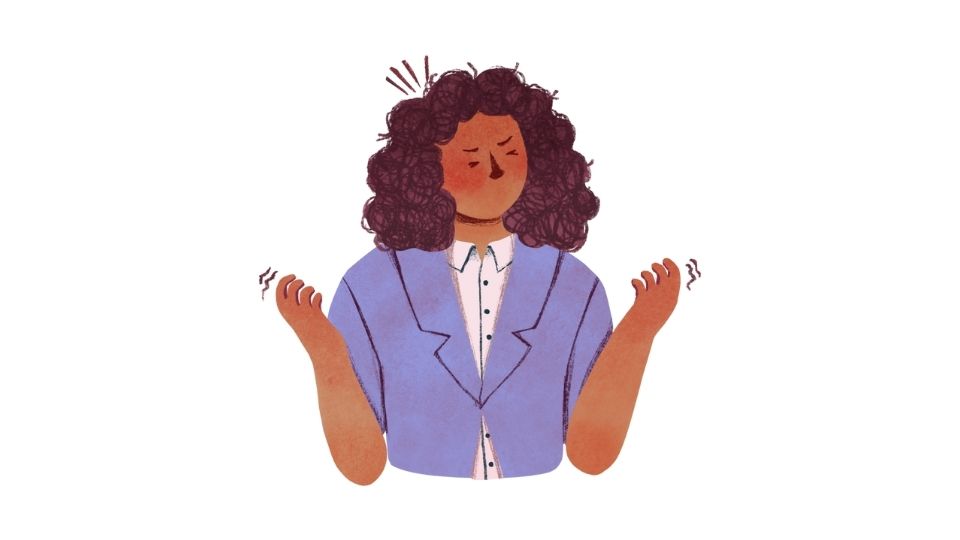
Despite their benefits, mental health urgent care centers face obstacles:
- Insurance coverage is inconsistent
- Staffing shortages plague the entire mental health field
- Awareness is still low – many people don’t know these services exist!
- Continuity of care between urgent care and long-term providers can be tricky
The Future Looks Promising
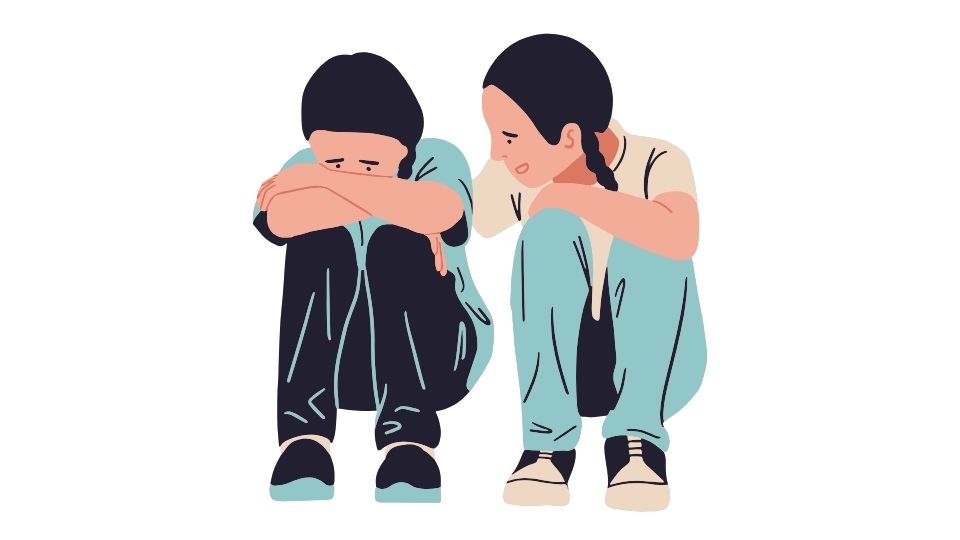
The federal government is taking notice. The Substance Abuse and Mental Health Services Administration (SAMHSA) has created the 2025 National Guidelines for Behavioral Health Crisis Systems that highlight urgent care as a crucial component.
These guidelines envision a future where no matter where you live, you’ll have access to immediate mental health support without defaulting to emergency rooms or police involvement.
The Bottom Line
Yes, you absolutely can go to urgent care for mental health issues – and in many cases, it’s actually the best option. It’s faster than waiting for a psychiatrist, less expensive and traumatic than an ER, and provides real help when you need it most.
If you’re struggling but not in immediate danger, a behavioral health urgent care center might be exactly what you need. Check your local options – your mind (and wallet) will thank you.
As one clinic director put it: “We’re not just filling gaps in the system. We’re creating a whole new way to access mental healthcare – one that meets people where they are, when they need it.”
